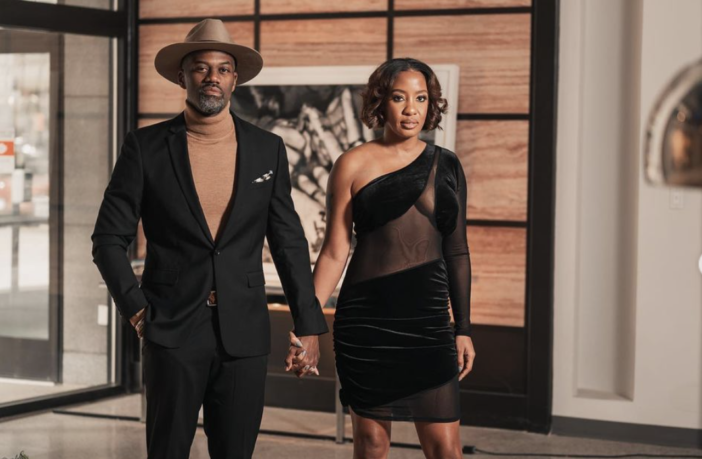The discussion will include those actively working in the real estate and development space as well as those looking to make entry into the arena. The conversation will explore ways in which the Detroit community can work together to continue revitalizing the city.
Why should people be tuned into this panel discussion?
We have our own boutique urban design firm. It’s human-centered and focuses on people, culture, and community as the impetus for planning, urban planning, city building, and real estate development. This panel is important because it’s aligned with the principles of what The Everyday Sacred is. We’re not looking at development as being a part of something that happens to us, we want to make certain that we can find ways to participate, and by we, I mean Black people who have held space in cities like Detroit for decades.
Oftentimes, when we have conversations about city building and the progression of neighborhoods, particularly from a real estate development standpoint, we’re always thinking about other people. This is a conversation about how we can invest, and we get exemplary people who are doing that kind of work sitting together (which doesn’t happen often). It’s a conversation about sharing nuggets of wisdom with the community at large around how we can all participate, and that’s vitally important if we want to see ourselves in our communities in the future.
What should we know about real estate development?
As it relates to real estate development, it’s exciting seeing cities transform in the ways that they’ve been transforming over the last 20 or so years. Unfortunately, what we know is that often comes with displacement. By buying back the block, I think it’s an opportunity to ask how do we start the discussion on preservation, how do we start the discussion on celebrating presence within the city? How do we create a platform for growth where we’re talking about uplifting communities, preserving communities, and having them be supported thriving?
I think that’s a discussion that we haven’t solved yet in the development scheme where we can create markets. We see where we can transform, but we really do need models for supporting Black neighborhoods, while we’re supporting revitalization and transformation. I think that’s why this discussion is so critical and there’s a lot to learn, and we’re all learning in that process.
Talking with the type of panelists that we have, we can look at it through a variety of perspectives, where we can learn insights around what’s worked, what hasn’t worked, and what we need to be discussing more of if we really want to add some meaning to this conversation around buying back the block.



